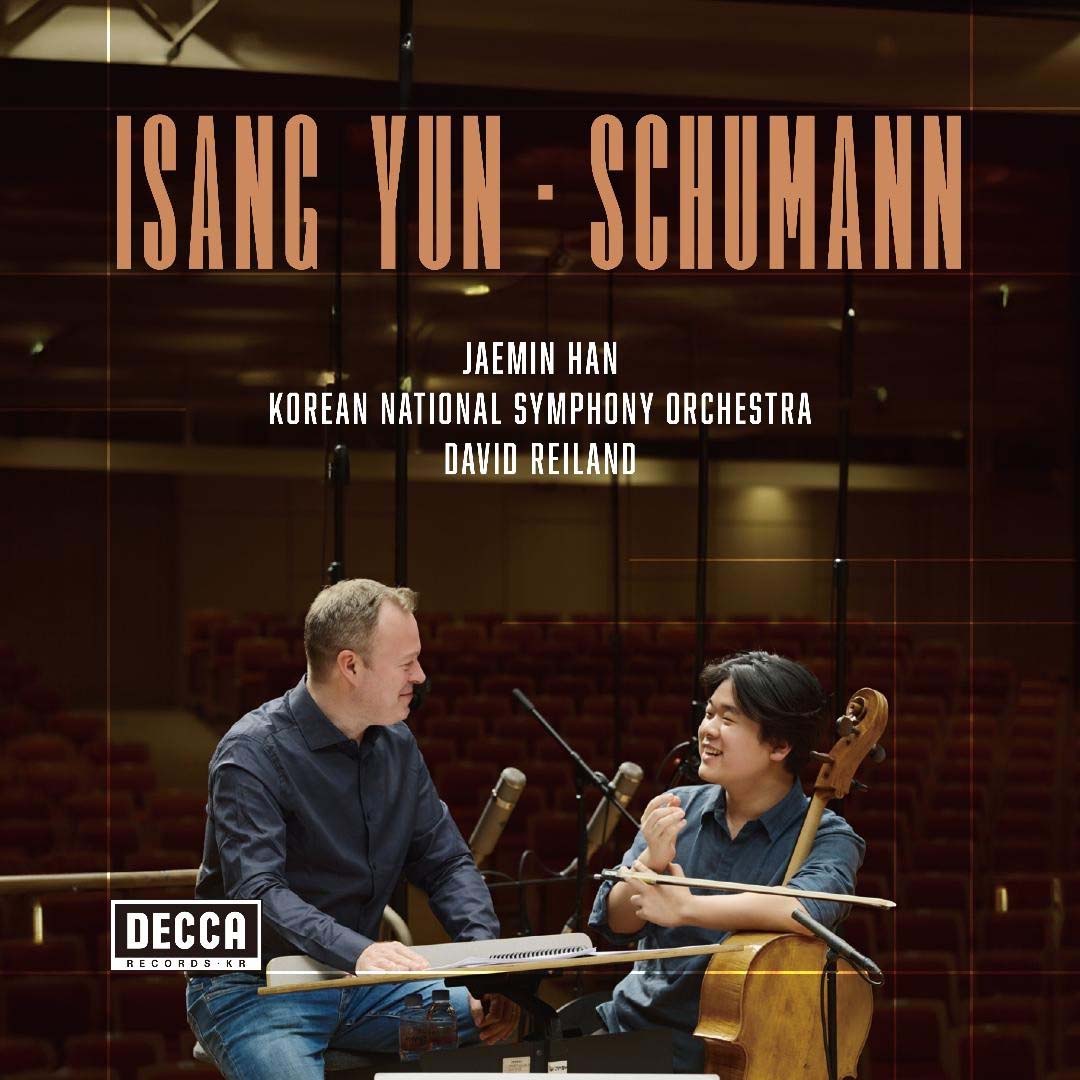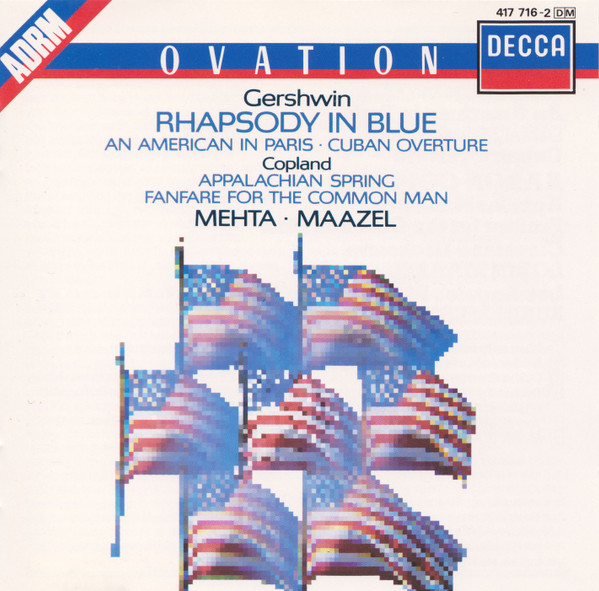SAINT-SAËNS: Cello Concerto No. 1 in A minor; LALO: Cello Concerto in D minor; MILHAUD: Cello Concerto No. 1, Op. 136; OFFENBACH: Les larmes de Jacqueline; MASSENET: Thaïs: Méditation. Hee-Young Lim, cello; London Symphony Orchestra/Scott Yoo. Sony Classical S80425C. TT: 75.40
The Korean cellist Hee-Young Lim has a lot to offer. Her tone is dark and full-bodied, not quite Rostropovich-sized, but suggesting a comparable amplitude. Her technique encompasses not only the obvious flashy runs, but such hazards as, for example, the profusion of double stops, not always consonant. in the Milhaud concerto. In lyrical phrases, her inflections are unfailingly sensitive and heartfelt.
Even so, those all-but-obligatory discmates, the Saint-Saëns and Lalo concerti, misfire. In the former, the more dashing passages are marred by a seemingly infirm or simply unreliable rhythmic sense. I don't want to hear the triplets rendered with robotic precision, but Lim tugs them back and forth in every which direction, sometimes even jumping off the long notes prematurely. Similarly, in the quasi-finale, the sixteenth notes are neither strict nor shapely enough. At the podium, Scott Yoo shapes the orchestral interludes affirmatively; the LSO sounds unusually trim, as if the string sections had been reduced.
The situation is reversed in the Lalo: the string octaves immediately sound fuller and more resonant, but Yoo plays all those passages at the same intensity, so the tuttis become heavy and portentous. Lim's solos, on the other hand, evoke a brooding mystery. The rapport is better in the other two movements. The Intermezzo starts with a lovely hush, and Lim contributes an anguished outpouring; her playful phrases set off the orchestra's incisive drama in the finale, though later, her tuning sounds less solidly centered.
Milhaud's short concerto is an intrepid makeweight. After an angular, rhapsodic cello solo, the first movement settles into a casual, boulevardier stroll. The dark, foreboding Grave stays eerie and unsettled as the textures open out. A lively, edgy opening tutti launches the Joyeux, which, despite the dissonances, maintains a vaguely Italianate bounce.
The booklet tells us nothing helpful about Offenbach's Les larmes de Jacqueline beyond mentioning its past association with the late Jacqueline du Pré. (Francophones can read a tribute to the piece and to that artist HERE.) From a couple of sheet-music websites, I gleaned that it's one of three pieces in the Opus 76 set, Les Harmonies des Bois, and that Offenbach, a cellist, probably composed it for himself to perform with Friedrich von Flotow. It opens mournfully—almost like a salon piece, but more substantial—and moves into a steadier, stoic episode before sinking back into despair.
The Meditation from Thaïs, a violin piece, seems oddly chosen. Sensibly, Lim "sings" the solo an octave below the original. But the unidentified arranger, trying to keep the orchestra out of her way, takes too much of the juice out of the piece. The orchestral violins don't launch the "B" section, yielding it to the cello; the final tutti is surprisingly restrained and small-scaled.
The recorded balances seem off: it's not that Lim is "too forward," but, rather, that the orchestra is too recessed, with flute and clarinet solos, especially in the Saint-Saëns, struggling to cut through. Sony's booklet features nine photos of the comely soloist and her instrument, but tells us nothing about conductor Yoo; in fairness, there are extensive notes in English, French, and what I assume is Korean.
stevedisque.wordpress.com/blog
Downloads: Amazon.com (mp3); prestomusic.com (mp3, FLAC)







































